Neurology
When you choose our team of specialists you have access to a complete line of leading-edge treatments and research for adult and pediatric neurologic disorders. In our neurology department, our mission is to provide outstanding clinical care while training leading neurologists and scientists of the future. We strive to be an international leader in neurology research and treatment.
BJC HealthCare works with Washington University physicians, BJC Medical Group, and providers across the region to deliver extraordinary care. When you choose our neurology team, you’re choosing a longstanding history of excellence. In neurology, our goal is to bring scientific research and discovery from the bench to the bedside to improve your treatment and quality of life.
We offer:
Specialized care: Our neurologists specialize in multiple areas, including epilepsy, stroke, movement disorders, memory disorders and more. This subspecialization allows us to offer specialty services available at few centers in the nation.
Recognized expertise: Our physicians include a number of regional and national neurology experts. Our department is nationally recognized as a leader in noninvasive neurology treatment.
Expert diagnostic tools: We have a range of neurodiagnostic testing tools, including sleep studies, electroencephalography (EEG) and electromyography (EMG). A positron emission tomography (PET) scanner, a state-of-the art brain imaging technique invented and developed at Washington University, is located in the neurology intensive care unit at Barnes-Jewish Hospital. The unit is one of the largest and most sophisticated in the United States.
AIDS neurology: Our neurologists are part of the Neurologic AIDS Research Consortium (NARC). This consortium is sponsored by the National Institutes of Health to design and conduct clinical trials for improving therapies for AIDS patients with neurologic conditions. As new challenges arise in the fight against the AIDS epidemic, NARC continues to develop relevant studies.
In addition to treating general adult neurologic conditions, neurologists have expertise in a host of subspecialties. We treat the entire range of neurological conditions, including:
You may need neurodiagnostic testing to evaluate, diagnose or monitor a neurological condition. Our experienced technicians use the latest technology in neurodiagnostic testing. Board-certified neurologists interpret the results and consult with your referring physician. We focus on your comfort and well-being, providing care specific to your needs.
We offer both inpatient and outpatient testing, which includes:
 Alton Memorial Hospital
Alton Memorial Hospital Barnes-Jewish Hospital
Barnes-Jewish Hospital Barnes-Jewish St. Peters Hospital
Barnes-Jewish St. Peters Hospital Barnes-Jewish West County Hospital
Barnes-Jewish West County Hospital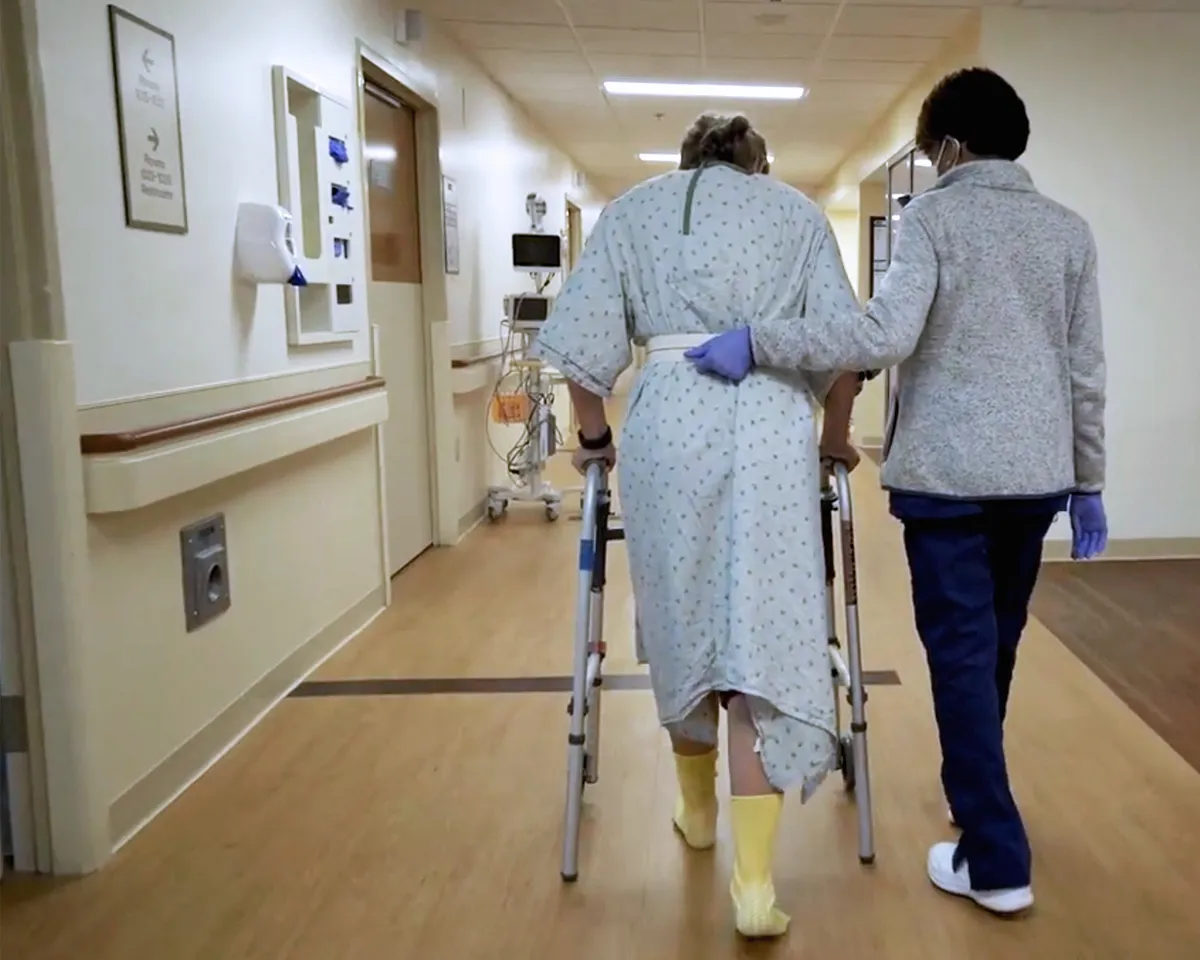 Christian Hospital
Christian Hospital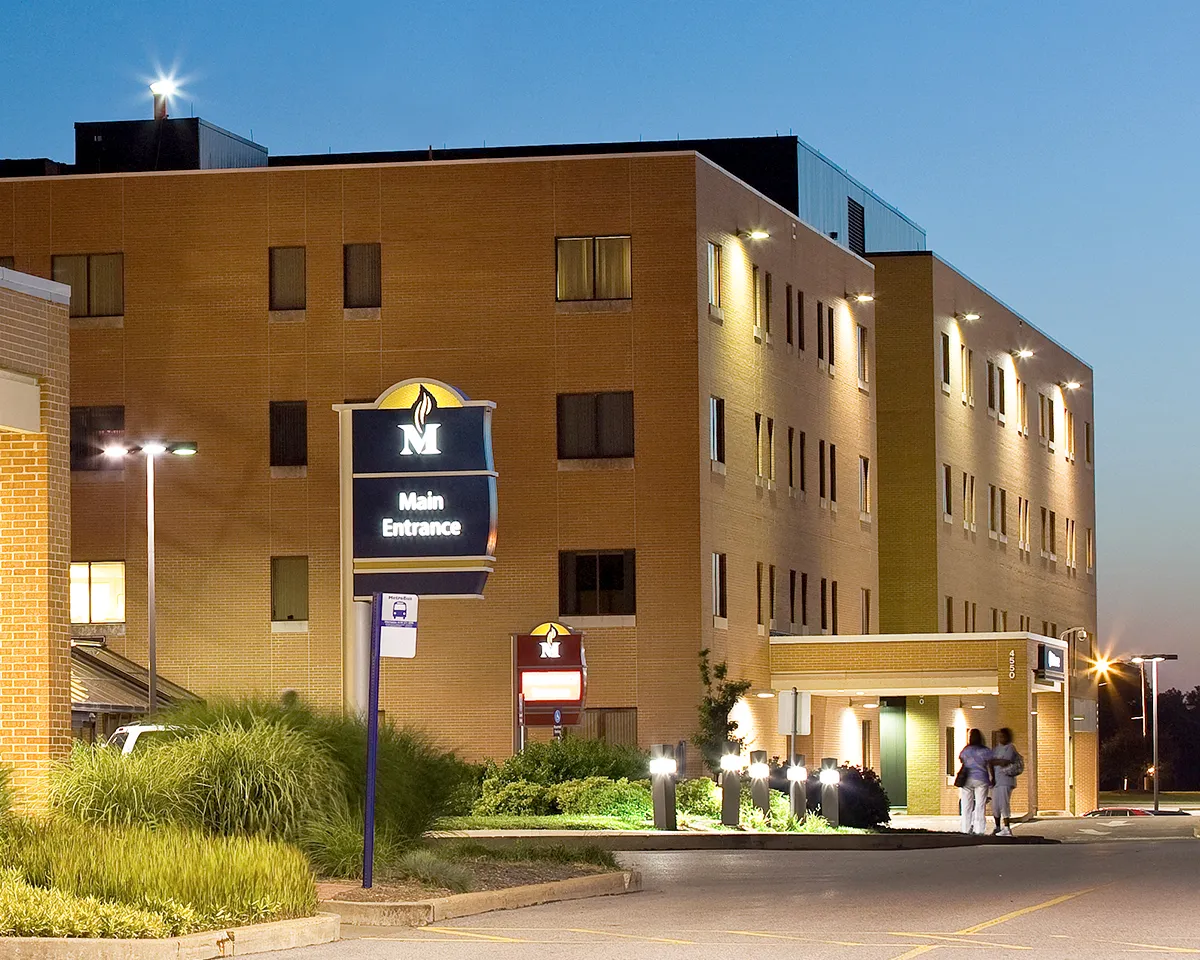 Memorial Hospital Belleville
Memorial Hospital Belleville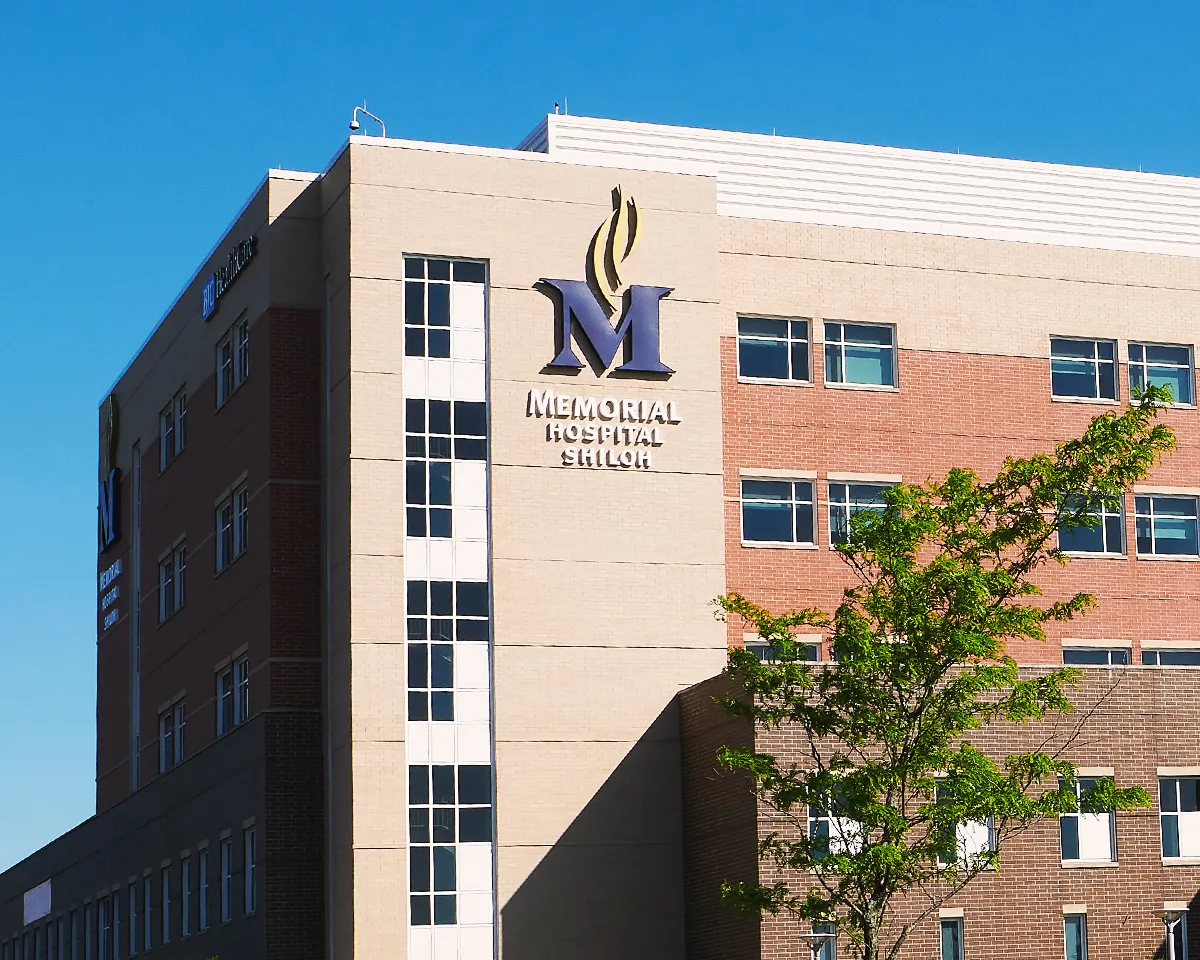 Memorial Hospital Shiloh
Memorial Hospital Shiloh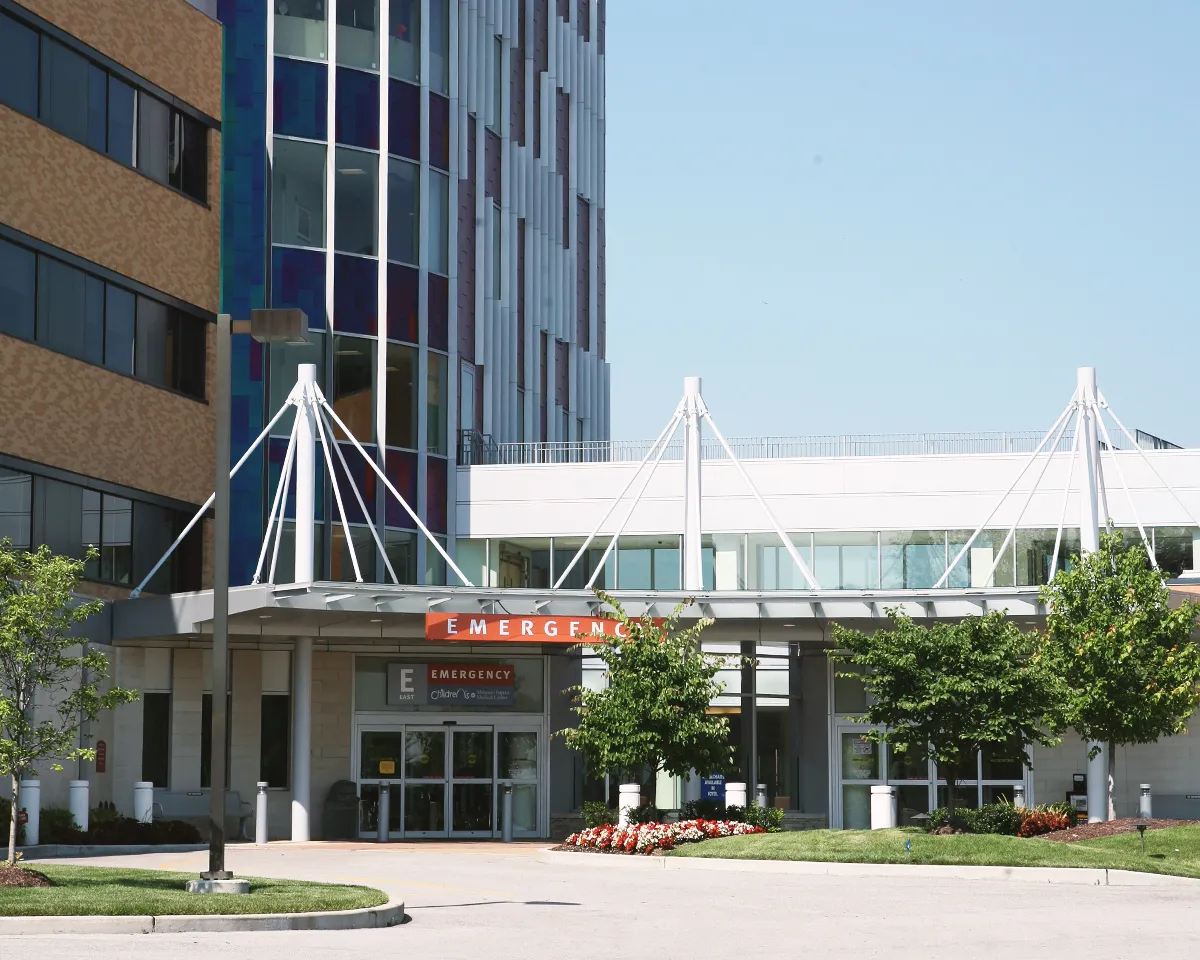 Missouri Baptist Medical Center
Missouri Baptist Medical Center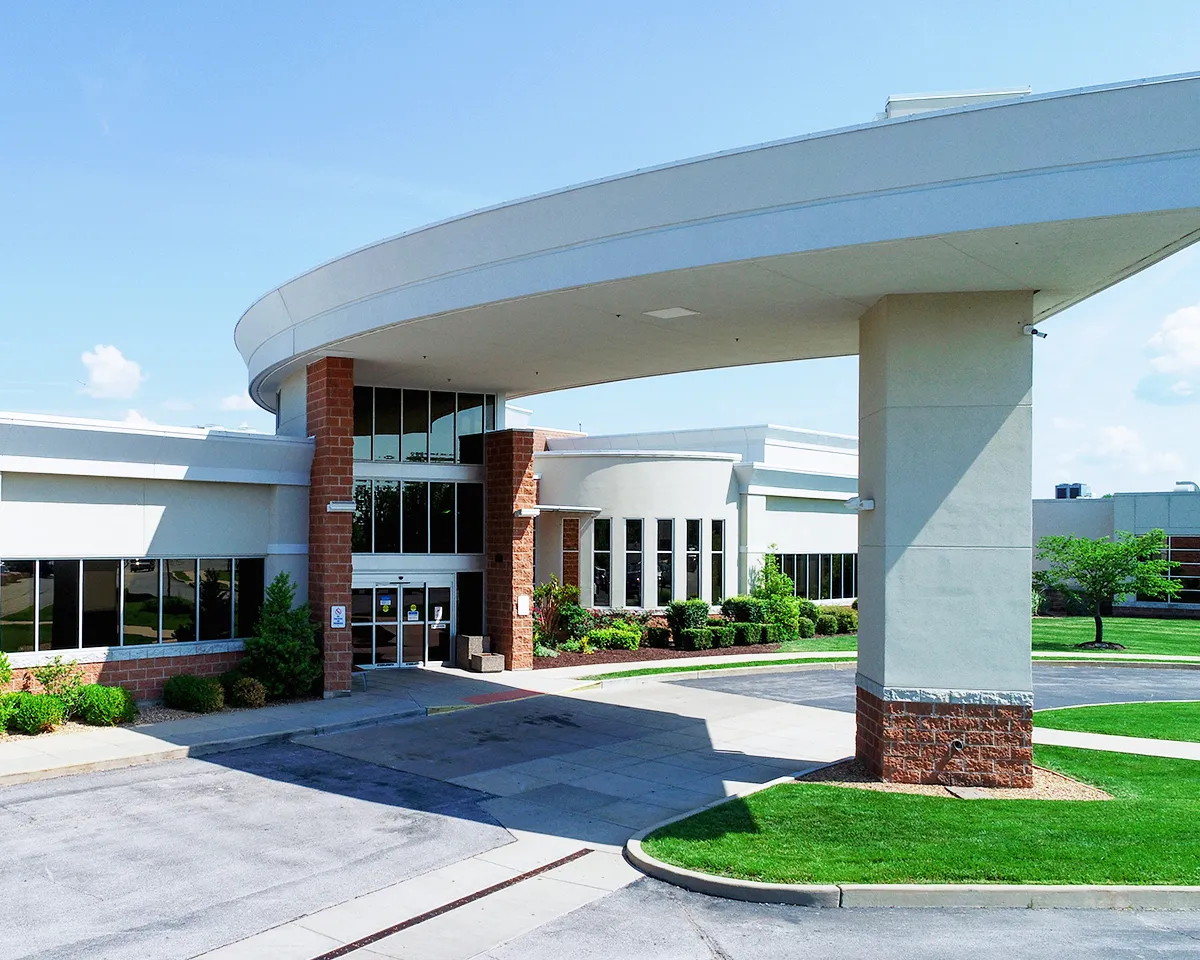 Missouri Baptist Sullivan Hospital
Missouri Baptist Sullivan Hospital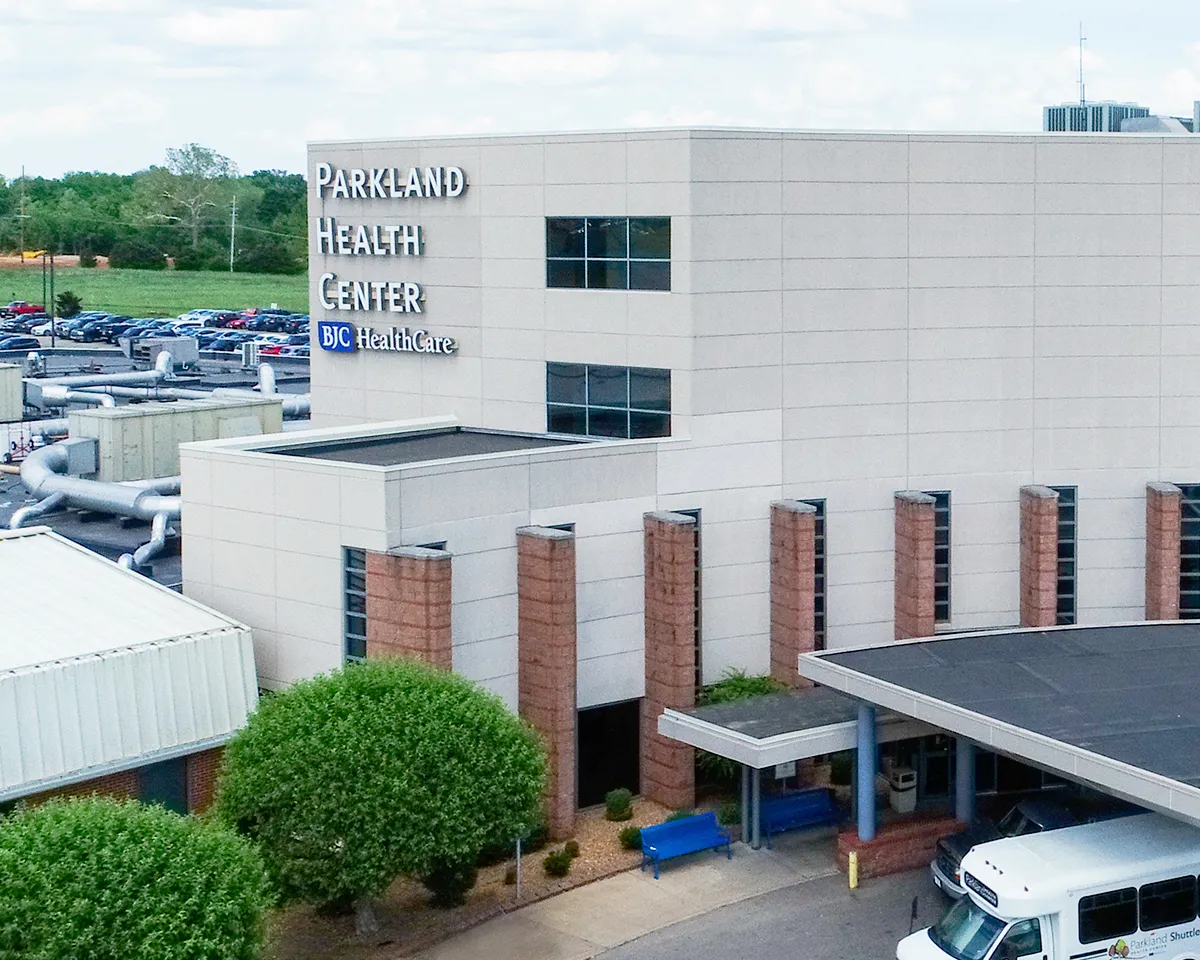 Parkland Health Center
Parkland Health Center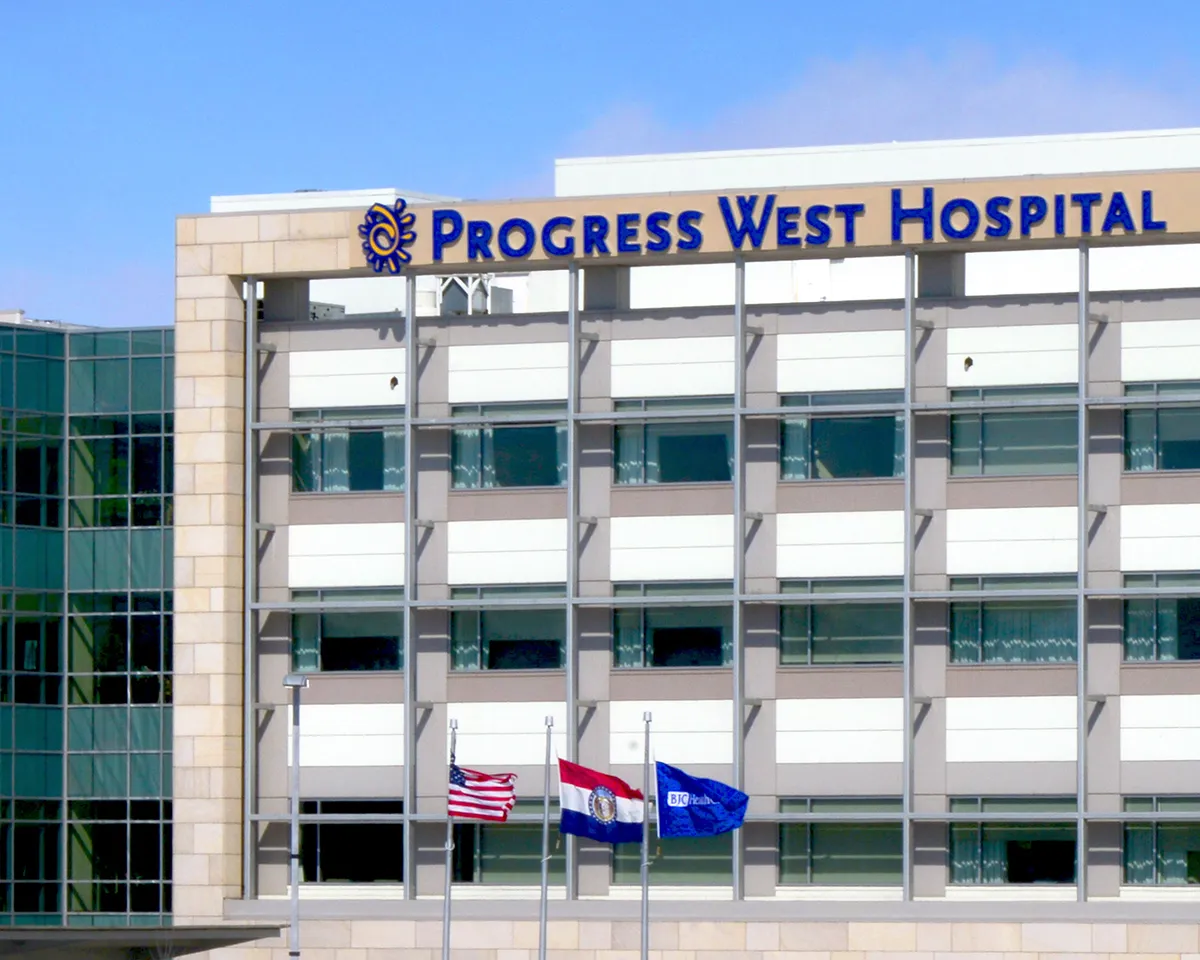 Progress West Hospital
Progress West Hospital
- Resource
Schedule your appointment
Call (314) 362-9355 or (800) 392-0936 to schedule your appointment with a specialist.